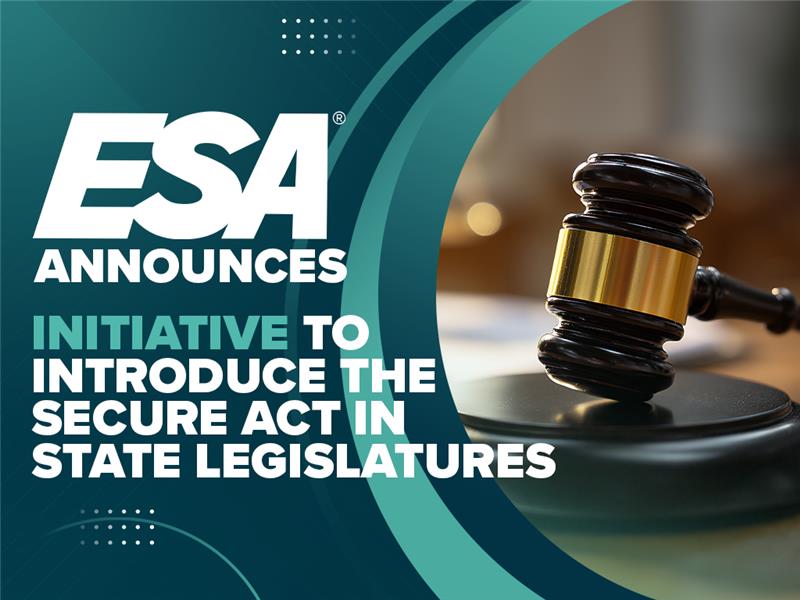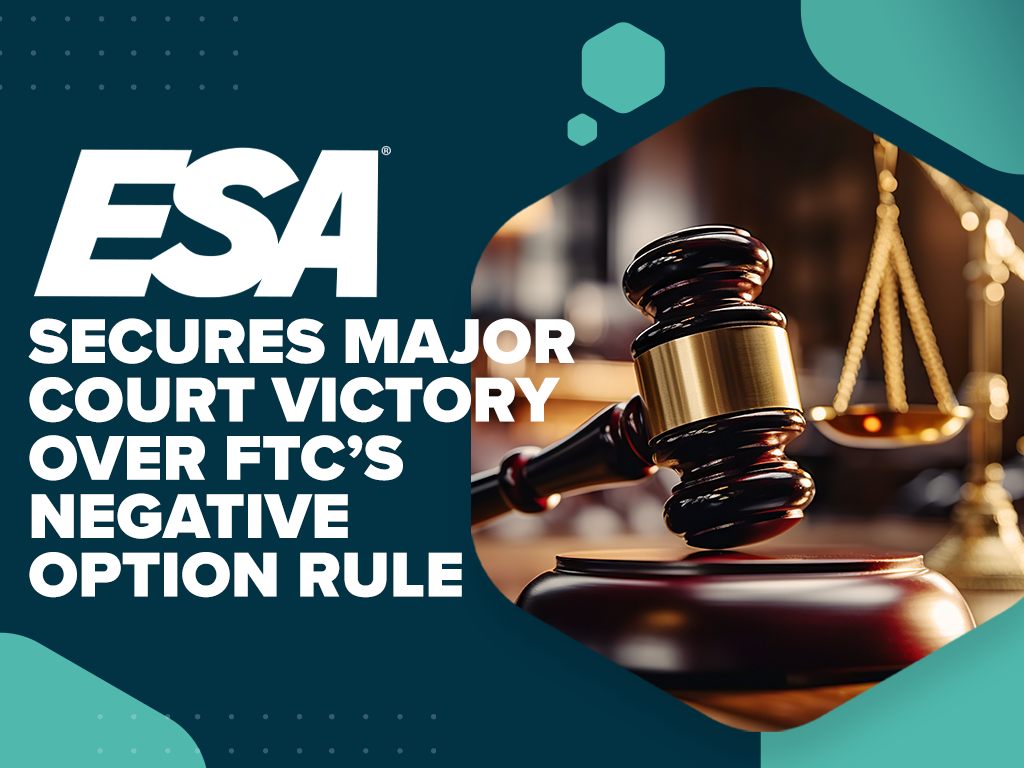National Elections and the Supreme Court – What We Can Expect

It is now less than one month before the national elections and we vote for the status quo of divided government, a red wave or a blue wave. It will be useful at this point to map out a clear picture of changes we could expect under either outcome.
If Biden wins the Presidency and Republicans maintain control of the Senate, there will obviously be more stagnation with legislation, but that will not prevent Biden from doing what Obama did and what Trump is doing now with executive orders and regulatory appointments.
 For example, President Obama issued many executive orders and his administration appointments had a significant impact on the direction of those agencies. His FCC pushed “net neutrality”, which prohibited Internet Service Providers (ISP) from intentionally blocking, slowing down or providing paid prioritization of internet traffic. When Trump was elected his FCC appointees reversed this decision and it returned to a “light touch” regulatory framework with ISPs. If Biden wins, we can expect a return to a “net neutrality” framework. This is just one of dozens of the regulatory game of ping pong we can expect to see with a change in administration.
For example, President Obama issued many executive orders and his administration appointments had a significant impact on the direction of those agencies. His FCC pushed “net neutrality”, which prohibited Internet Service Providers (ISP) from intentionally blocking, slowing down or providing paid prioritization of internet traffic. When Trump was elected his FCC appointees reversed this decision and it returned to a “light touch” regulatory framework with ISPs. If Biden wins, we can expect a return to a “net neutrality” framework. This is just one of dozens of the regulatory game of ping pong we can expect to see with a change in administration.
Most businesses benefit from the reduction or elimination of onerous federal regulations. But those benefits may be short-lived with a new administration. A shift from Republican to Democrat or vice versa will always bring about a shift in administrative and regulatory priorities. In the past, these shifts have come slowly because the bureaucratic state is a slow-moving machine. But the increasing polarity between the two parties are fracturing the regulatory paradigm. Obama made swift changes. Trump made equally swift moves to reverse those changes. A Biden win will likely reverse course again, just as swiftly.
But there is something that could change that outcome – Amy Coney Barrett, President Trump’s current Supreme Court nominee. If the Republican Senate proceeds with the confirmation process and Judge Barrett becomes Justice Barrett, her strict constitutional constructionist formation will play a pivotal role in how far regulatory agencies may go to achieve administration goals. A solidly conservative Supreme Court could have a significant impact over the years. They will rule on issues that have a profound impact on your business like “joint employers” and “employee vs independent contractors.”
We only have to look back at the 2015 Supreme Court decision in the North Carolina Dental Examiners Board vs. FTC. This decision, which ruled the board violated anti-trust laws with its regulatory oversight has resulted in several states taking greater control over occupational licensing boards and creating occupational licensing review commissions to review the need for all occupational and professional licenses. Whether this will result in a good or bad outcome for licensing in your state depends largely on the direction the state goes in order to comply with the Supreme Court ruling.
In addition to the potential impact on the country with the national elections, we must also recognize that many states have state legislative and state office holder elections in play. Will state governments become more red, blue or purple? These elections are more directly important to member businesses because they will impact state regulatory and legislative priorities on issues like labor, taxation, employer liability and occupational licensing.
With everything else going on in the country, the COVID-19 pandemic has dealt a tremendous blow to state and local government budgets. The significance of this cannot be overstated. State and local governments will need to recover lost revenue from numerous sources and one can only assume some of this will come with licensing and permitting fees. Be ready for that and be ready for other measures governments will take to address the fall out of such a major economic contraction. It won’t be pretty for many.




